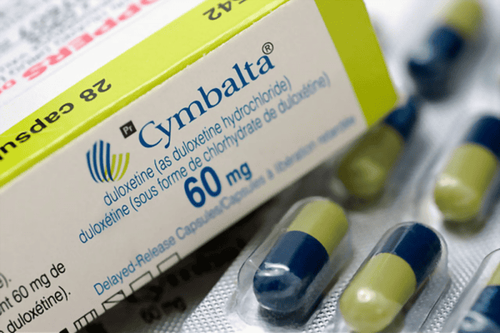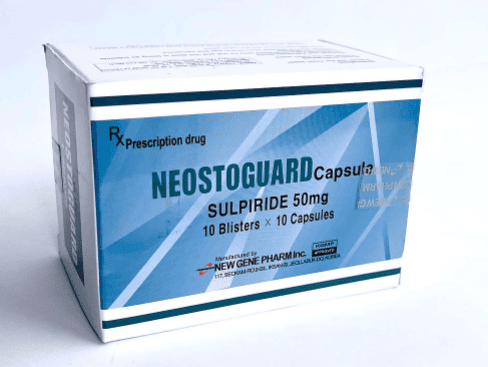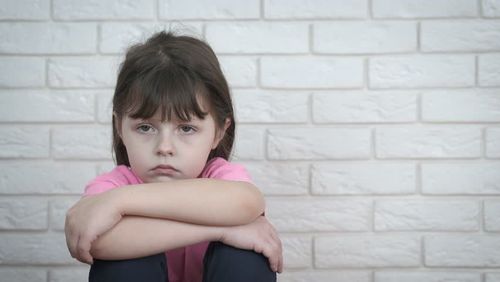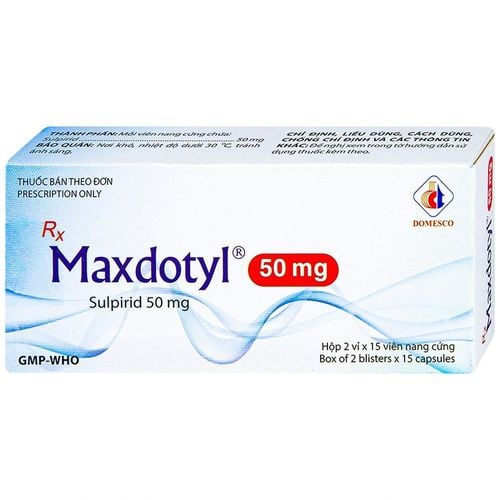This is an automatically translated article.
Pervasive Developmental Disorder in Children (PDD-NOS) is a term sometimes used to describe a less specific and milder form of autism spectrum disorder. ASD). Autism affects how the brain works and how a person interacts socially. Meanwhile, pervasive developmental disorder describes some of the symptoms of autism or Asperger's but not enough to form a diagnosis.
1. What is pervasive developmental disorder?
Pervasive disorder is a term that refers to nonspecific abnormalities that are similar to the manifestations of autism but do not satisfy the requirements for a definitive diagnosis. There are no reliable statistics showing how many people have ever been diagnosed with PDD-NOS. But according to the Centers for Disease Control and Prevention (CDC), 1 in 68 children has an autism spectrum disorder, and the rate is four to five times more common in boys than in girls. .
Today, the way psychiatrists diagnose autism has changed. Physicians and therapists no longer use the term "other pervasive-nonspecific developmental disorder". Instead, all children with autism - including children with milder forms of autism, such as PDD-NOS - are now simply diagnosed with an autism spectrum disorder. Therefore, pervasive developmental disorder in children is also known as autism spectrum disorder. Although a person can have a previous diagnosis of PDD-NOS and still refer to it by its old name to a doctor or therapist, over time the term will no longer be used.
The American Academy of Pediatrics (AAP) recommends that all children be screened for autism at their doctor's visits at 18 months and 24 months of age. Parents can also request an earlier evaluation if they are concerned about their child.
Doctors and psychologists use behavioral tests to diagnose pervasive developmental disorders in children. Doctors also asked parents to describe unusual behaviors they observed in their children, such as not smiling or babbling, not making eye contact, or not responding when called by name.

Rối loạn lan tỏa tương tự với biểu hiện của chứng tự kỷ nhưng không thỏa mãn yêu cầu chẩn đoán xác định.
2. What are the signs and symptoms of autism, including PDD-NOS?
Children with autism have poor social skills, limited communication skills, and poor repetitive interests, activities or behaviors. A child with ASD usually begins to show signs of abnormalities around 12 to 24 months of age, but children with milder forms of autism such as PPD-NOS may not show signs until they are older. .
Signs that suggest a child may be having autism include:
Does not respond to sounds, voices, smiles or facial expressions by 9 months Does not start babbling after 12 months No back-and-forth gestures (such as waving) for about 12 months Inability to babble, speak, or develop social skills at any age Difficulty using or understanding nonverbal cues, such as facial expressions, body language, and gestures Avoid eye contact Does not develop relationships with people around, especially other children Inability to share interests or achievements with others, such as such as not showing or pointing out things of interest to the child Inability to interact with others or express feelings Language delay or inability to speak Inability to initiate or maintain a conversation Uses repetitive or distinctive language Obsessive interests Easily frustrated by small changes Has a few fixed habits Has variations repetitive movements, such as clapping hands or fingers or turning, swinging or spinning Impaired gross motor skills, such as difficulty running or trouble holding crayons Unusual reactions to taste, see, smell or feel things
3. What causes milder autism, like PDD-NOS?
No one knows exactly what causes autism spectrum disorder, including milder forms, like PDD-NOS. Experts believe that ASD is a genetic condition that develops during early pregnancy and has many different causes. In addition to genetics, other factors such as parental age, male gender, and exposure to environmental toxins may also play a role.
Some parents worry that common vaccines given to young children, such as the measles, mumps, and rubella (MMR) vaccine, may cause autism. Large studies over many years have not found any link between autism and vaccinations. According to the Institute of Medicine, the American Academy of Pediatrics and the CDC, there is no evidence that vaccines cause autism spectrum disorders.
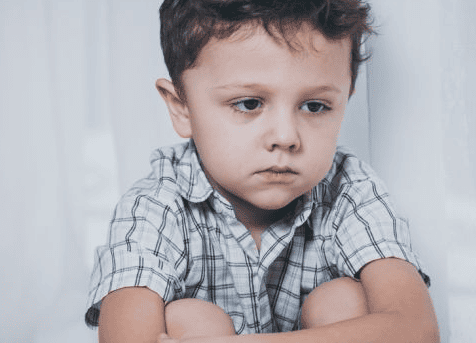
Không ai biết chính xác nguyên nhân gây ra rối loạn phổ tự kỷ, kể cả các dạng nhẹ hơn, như PDD-NOS
4. How is autism treated?
The treatment strategy for autism in general and pervasive developmental disorder in particular is not the same in many cases and depends on how much it affects the child's life. Although there is currently no cure for autism, the sooner treatment is started, the better the outcome will be.
A team of professionals can help the child and family, including the child's doctor, teacher, psychologist or therapist. Treatment of children with autism requires a multidisciplinary approach, which may include behavioral therapy, social skills training, movement therapy, physical therapy, or speech therapy.
Although there is no medication to treat autism, sometimes children with ASD also have other conditions that, when treated with medication, help alleviate some of the autism symptoms.
When a child shows abnormal signs of health, parents can take the child to Vinmec Health system for timely examination and treatment.
As a key area of Vinmec Health System, Pediatrics Department - Vinmec International General Hospital always brings satisfaction to customers and is highly appreciated by industry experts thanks to the following advantages:
gathers a team of leading doctors and doctors in Pediatrics: including leading experts, with high professional qualifications (professors, associate professors, doctorates, masters), experienced, having worked in different hospitals. big hospitals like Bach Mai, 108.. The doctors are all well-trained, professional, have a heart - reach, understand young psychology. In addition to domestic pediatric specialists, the Department of Pediatrics also has the participation of foreign experts (Japan, Singapore, Australia, USA) who are always pioneers in applying the latest and most effective treatment regimens. . Comprehensive services: In the field of Pediatrics, Vinmec provides a series of continuous medical examination and treatment services from Newborn to Pediatric and Vaccine,... according to international standards to help parents take care of their baby's health from birth to childhood. from birth to adulthood Specialized techniques: Vinmec has successfully deployed many specialized techniques to make the treatment of difficult diseases in Pediatrics more effective: neurosurgery - skull surgery, stem cell transplantation. blood in cancer treatment. Professional care: In addition to understanding children's psychology, Vinmec also pays special attention to the children's play space, helping them to have fun and get used to the hospital's environment, cooperate in treatment, improve the efficiency of medical treatment.
Please dial HOTLINE for more information or register for an appointment HERE. Download MyVinmec app to make appointments faster and to manage your bookings easily.




